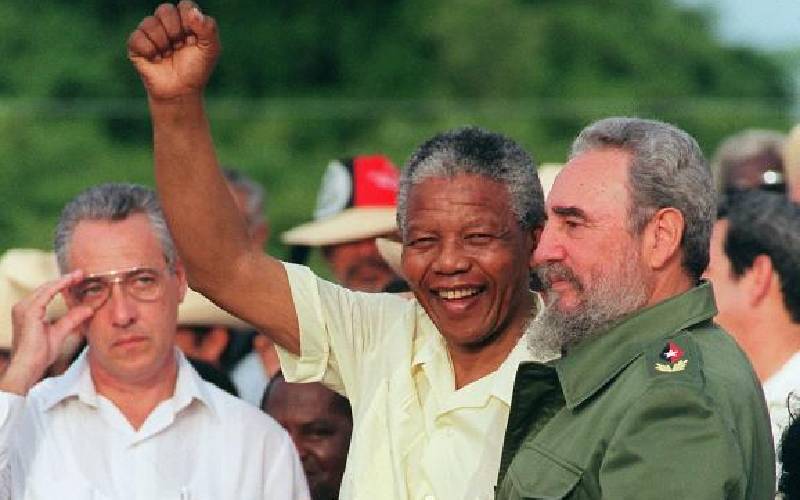×
The Standard e-Paper
Kenya’s Boldest Voice

Former South African President Nelson Mandela saluting the crowd next to Cuban leader Fidel Castro in Matanzas, Cuba.[File,Standard]
July stands out as a ‘revolutionary’ month as different countries remember struggles, heroic events, and sacrifices in pursuit of ideals.